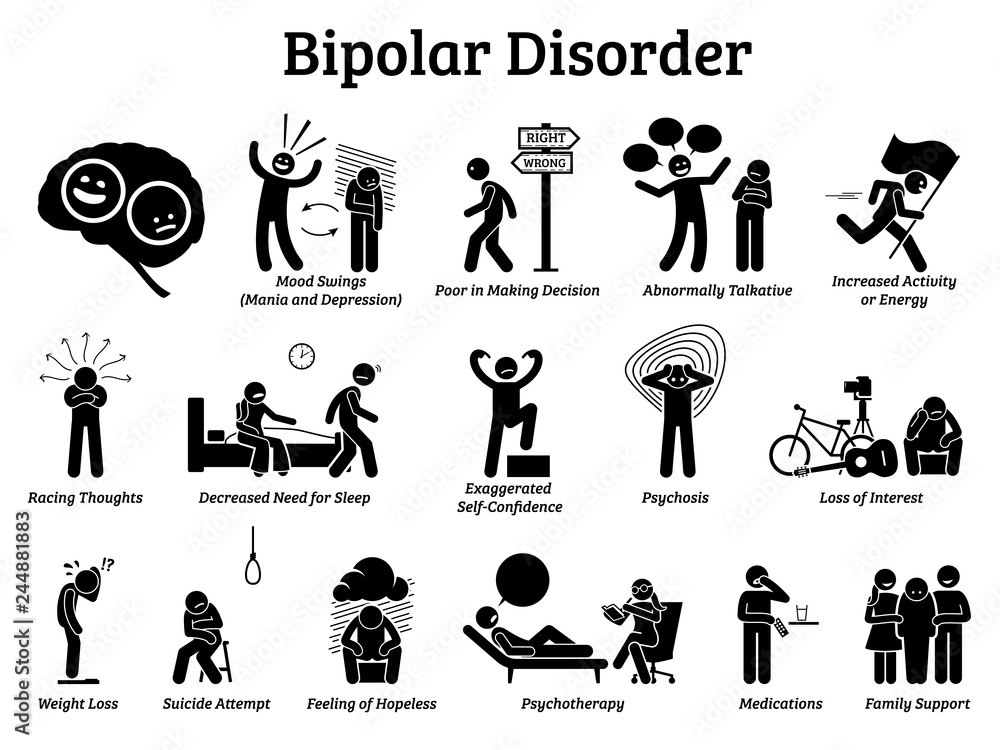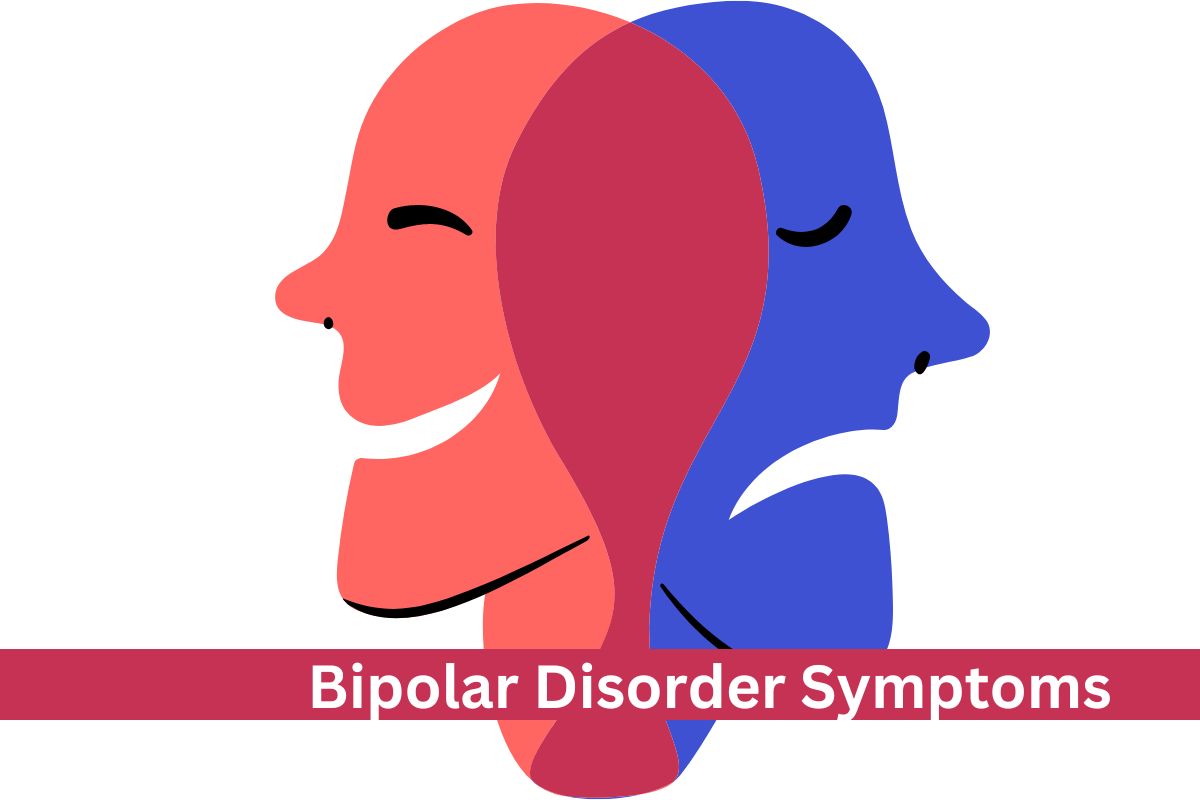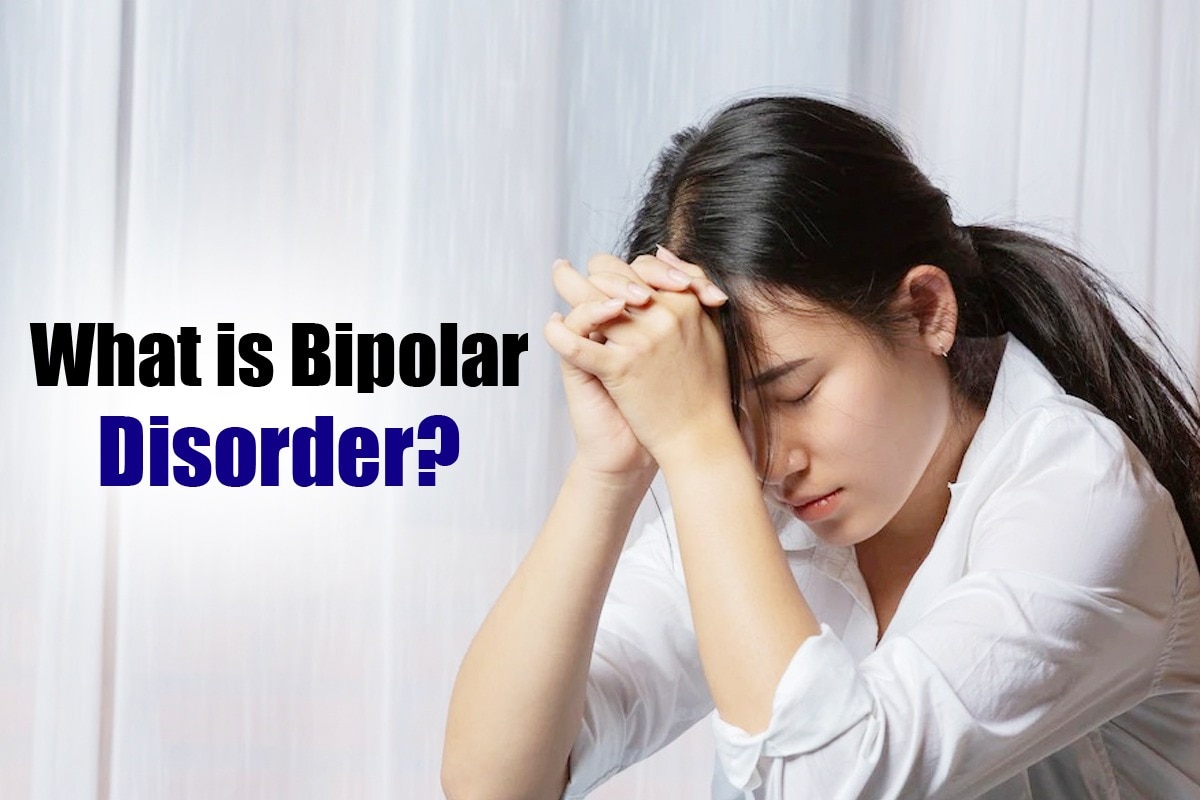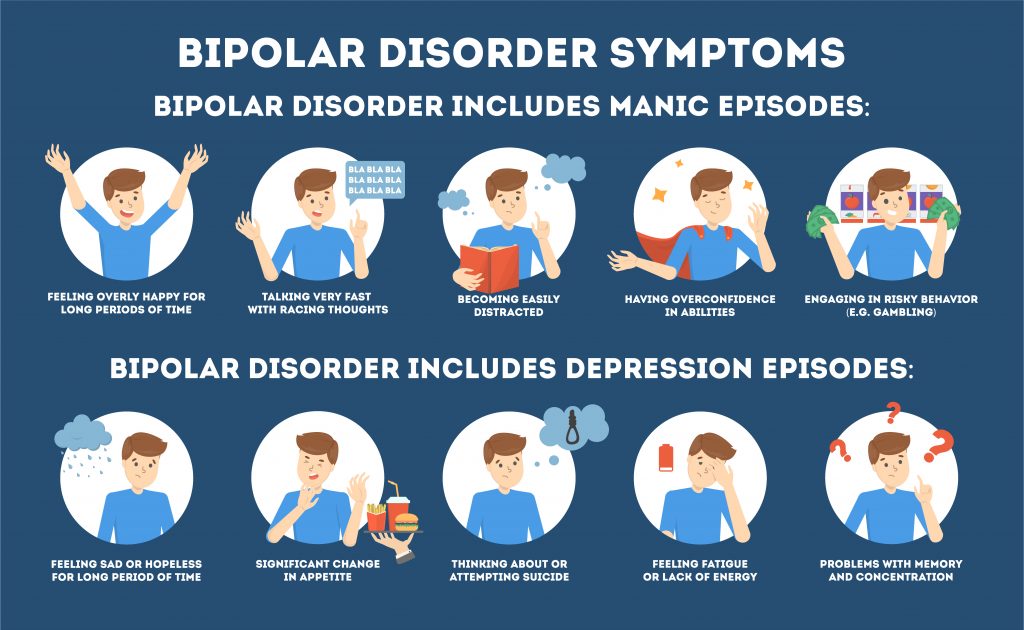Bipolar disorders, also known as manic-depressive illness, are a group of mental health conditions that affect a person's mood, energy, and ability to function. According to
Psychiatry.org, bipolar disorders are characterized by extreme mood swings that can range from manic highs to depressive lows. In this article, we will delve into the world of bipolar disorders, exploring their causes, symptoms, and treatment options.
What are Bipolar Disorders?
Bipolar disorders are a type of mental illness that affects approximately 2.6% of the adult population in the United States. There are four main types of bipolar disorders, including:
Bipolar I Disorder: Characterized by manic episodes that may be severe and require hospitalization.
Bipolar II Disorder: Involves a pattern of depressive episodes and hypomanic episodes, but not full-blown manic episodes.
Cyclothymic Disorder: A milder form of bipolar disorder, involving periods of hypomanic and depressive symptoms that last for at least two years.
Other Specified Bipolar and Related Disorders: A category for bipolar disorders that do not fit into the above categories.
Causes and Risk Factors
The exact cause of bipolar disorders is still unknown, but research suggests that a combination of genetic, environmental, and brain structure factors contribute to the development of the condition. Some risk factors include:
Family History: Having a family history of bipolar disorders increases the risk of developing the condition.
Brain Structure: Abnormalities in brain structure and function may contribute to the development of bipolar disorders.
Substance Abuse: Substance abuse can trigger or worsen bipolar symptoms.
Symptoms
The symptoms of bipolar disorders can vary depending on the type and severity of the condition. Common symptoms include:
Mood Swings: Extreme mood swings, ranging from manic highs to depressive lows.
Energy and Activity Level: Changes in energy and activity levels, such as increased energy during manic episodes and decreased energy during depressive episodes.
Sleep Patterns: Changes in sleep patterns, such as insomnia or excessive sleepiness.
Cognitive Function: Impaired cognitive function, such as difficulty concentrating or making decisions.
Treatment Options
While there is no cure for bipolar disorders, treatment can help manage symptoms and improve quality of life. Treatment options include:
Medications: Mood stabilizers, antipsychotics, and antidepressants can help manage symptoms.
Psychotherapy: Cognitive-behavioral therapy, family-focused therapy, and interpersonal therapy can help individuals cope with symptoms and improve relationships.
Lifestyle Changes: Maintaining a healthy lifestyle, including regular exercise, healthy eating, and sufficient sleep, can help manage symptoms.
In conclusion, bipolar disorders are complex mental health conditions that require comprehensive treatment and support. By understanding the causes, symptoms, and treatment options, individuals with bipolar disorders can manage their symptoms and improve their quality of life. If you or someone you know is struggling with bipolar disorders, seek professional help from a qualified mental health professional. Visit
Psychiatry.org for more information and resources on bipolar disorders.









